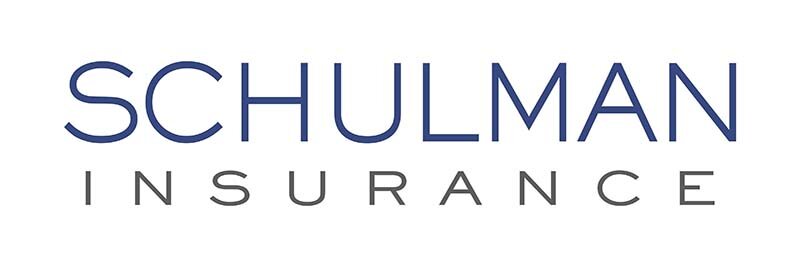New York City Amends Earned Safe and Sick Time
The New York City Department of Consumer and Worker Protection published a final rule amending the regulations governing NYC’s Earned Safe and Sick Time Act (“ESSTA”). These changes provide guidance to clarify and update various ESSTA provisions. The final rule became effective on October 15, 2023.
Background
The New York City Earned Sick Time Act, now known as the ESSTA, took effect on April 1, 2014 and required covered employers to provide eligible employees with paid time off to care for themselves or a qualifying family member. The ESSTA has been amended several times, which amendments included adding “safe” time as a covered absence, and aligning the ESSTA with the New York State Paid Sick Leave Law. In October 2022, proposed amendments were published, but left employers with limited formal guidance regarding the new law. The amended rule takes effect on October 15, 2023.
Highlights of the Final ESSTA Rule
• Employer size which is used to determine the accrual and amount of ESSTA leave available is based on the number of full-time and part-time employees nationwide and not on those employed in New York City (“NYC”). This should not have a material impact on NYC employers as the statewide paid sick leave requirement already determines employer size based on the total national workforce.
• Employees who “regularly perform or are expected to regularly perform work in NYC during a calendar year” will be entitled to ESSTA leave.
• Accrual of ESSTA hours will be based on all hours an employee physically works within NYC. When an employee works less than 30 hours per week (accrual standard to earn an hour of leave), employers must allow for fractional safe and sick time accruals that may be rounded to the nearest five minutes, one-tenth of an hour, or one-quarter of an hour.
• Employees who exclusively work remotely for a NYC employer will not be entitled to such leave.
• A definition of “foreseeable leave,” has been incorporated in the rules stating that “a need is foreseeable when the employee is aware of the need to use safe/sick time seven days or more before such use”.
• Employers must have a written policy that outlines the procedures and notification process employees may take to request any foreseeable need for leave. In addition, the policy must now include a statement that the employer “will not ask the employee to provide details about the medical condition that led the employee to use sick time, or the personal situation that led the employee to use safe time, and that any information the employer receives about the employee’s use of safe/sick time will be kept confidential and not disclosed with anyone without the employee’s written permission or as required by law.”
• Employers must reimburse an employee for any fees incurred in obtaining necessary documentation from a health care provider to substantiate the request for leave.
• The new rules expand enforcement by “reasonable inference” when as “a matter of official or unofficial policy or practice, [the employer] does not provide or refuses to allow the use of accrued safe/sick time in violation of the Administrative Code”. Specifically, if an employer fails to maintain or distribute a written safe/sick time policy, fails to maintain adequate records of employees’ accrued safe/sick time use and balances, or when there is additional evidence that an employer maintains a policy or practice of not providing or refusing to allow the use of accrued safe/sick time, penalties shall be imposed.
Employer Action
New York City employers, with their counsel, should review and update their NYC safe and sick time policies and procedures to ensure compliance with these latest rules
